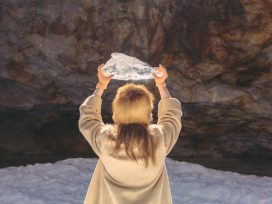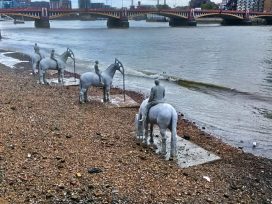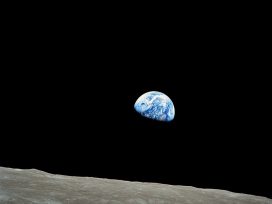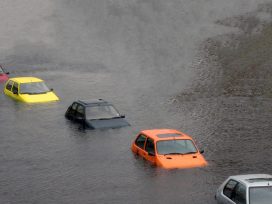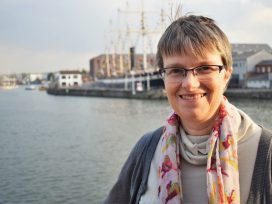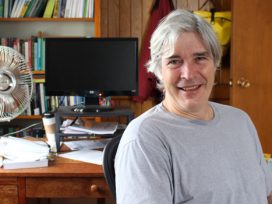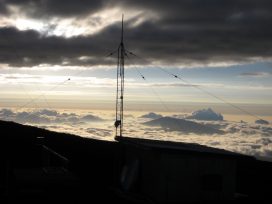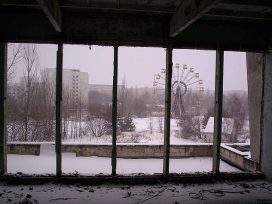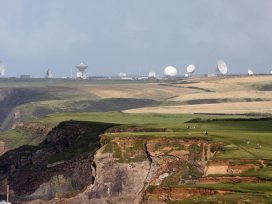The Anthropocene is a fashionable research topic these days, and the imminent climate crisis seems to have finally started to shake the conscience of people all over the world. Though it wasn’t always this way, contributors to Eurozine’s partner journals have been covering these issues long before they became hot news items – and they offer important perspectives for today’s reader.
Covering climate
Maximilian Probst and Daniel Pelletier charge mainstream media with suppressing the topic of climate change, ‘the biggest story ever’:
Probst & Pelletier’s 2019 account is quite different to Jo Litter’s 2010 conversation with Helen Bird, Max Boykoff, Mike Goodman and George Monbiot, who then unanimously declared that climate change had finally started to be taken seriously:
Maryam Omidi’s report, meanwhile, draws a long list of the threats and sheer amount of political pressure a climatologist had to face in 2012:
How climate changes our understanding
Ten years ago, long before the Anthropocene came a pressing academic concern, Dipesh Chakrabarty contrasted the history of capital with the history of the human species, and argued that modernity’s tradition of ‘freedom’ needs to be revisited:
Seven years later, in dialogue with Chakrabarty, Kathleen McAffee searched for grounds to grow solidarity, in order to tackle environmental devastation:
Also drawing on Chakrabarty’s theses, Timothy J. LeCain looks at the traditional separation of ‘human’ and ‘natural’:
Heralding a new humanism
The radical implications of Chakrabarty's "Four theses"
Icelandic poet Sjón makes the case for literature as an ecosystem:
On the organic diversity of literature
Notes from my little astrophysical observatory
The economics of climate
Almantas Samalavičius’ interviews ask how economics can accommodate to the realities of nature and climate. In a 2013 conversation, he learnt about the possibilities of ‘degrowth’:
Flourishing within limits
A conversation with green economist Molly Scott Cato
In 2017, he discussed the failure of mainstream economic thinking to explain economic reality, and why the dominant discourse nevertheless remains so powerful in academia:
Where now for economics?
A conversation with ecological economist Professor Joshua Farley
Sverker Sörlin writes on the misleading effects of quantifying the value of natural resources:
Urban spaces in a changing climate
Richard Sennett reminds that we cannot build our way out of climate change; we can only accommodate to it and prepare our cities to be resilient:
Fred Frohofer argues that, although cities are often viewed as space alienated from nature, urbanization actually spares resources:
Whoever loves nature lives in the city
Commoning practices in the Anthropocene
Ferdinand Oswald says mainstream architecture seems to have missed the point: instead of blasting air conditioners and creating urban heat islands, we need walls to protect us from external heat, and traditional technologies and culture offer bright solutions for this:
Wall instead of air conditioner
Climate-regulating shells in subtropical residential housing
Impatience and impertinence
Kate Brown finds that humans don’t have the patience for the time scale required by nuclear accidents require:
Elmar Altvater concentrates on the geological significance of planetary data theft:
Controlling the future
Edward Snowden and the new era on Earth
This archive selection is part of our 23/2019 newsletter. Subscribe here to get the bi-weekly updates about latest publications and news on partner journals.
Published 13 November 2019
Original in English
First published by Eurozine
© Eurozine
PDF/PRINTIn collaboration with
In focal points
Newsletter
Subscribe to know what’s worth thinking about.
Related Articles
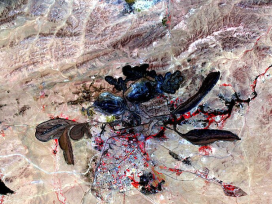
Excitement over ‘rare’ elements
Julie Klinger in conversation with Misha Glenny
The race for green transition supplies is on. But where’s the thrill in metals, discreet and hidden yet widespread? Mining, intensive due to low concentrations, throws up waste elements like arsenic. Space cowboys and deep-sea dredgers contest environmental stability more than China’s monopoly, based on 40-years of involved processing. Health and recycling regulations are a must.

Literature can’t save the world, but it does provide insight into the behaviour that drives cultural trends. And given the anthropocenic tendency towards self-destruction, we need all the help we can get with cultivating solidarity, combating injustice and resisting censorship.
